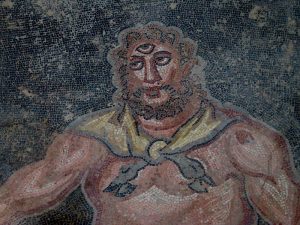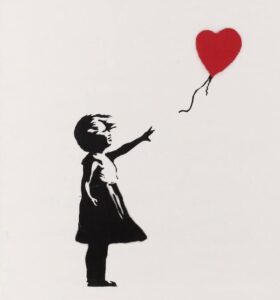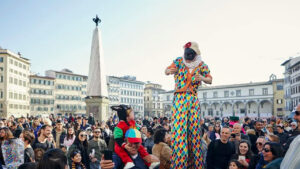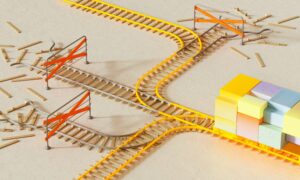THE REVALUATION OF THE TECHNIQUE AT THE EDGE OF MODERNITY.
4 min read
The revaluation of the technique is one of the events that most affected modern society, but what is it about?
Looking around we could notice that we are surrounded by products of the technique, nonetheless, or exactly for this reason perhaps, we don’t realize how much it affects our everyday lives. It may seem odd, at a time when hostilities against it are increasing, that there was a time when we had to work hard to give the technique a dignity.
For the widest part of ancient and medieval thought, an opposition occurs between technique and science, between the forms of knowledge aimed at the practice and those aimed at the contemplation of truth, which has its basis in the opposition between slaves and free men. According to this tradition, knowledge is an end in itself, not subjected to external purposes: the role of science is exclusively that of research and contemplation of the truth and it begins only after the material needs of life have already been met. This concept of science seems to be founded on an economic system proper of a slave society, in which there is no need of build and use any machinery at the purpose of improving human working conditions. To this, moreover, joins the contempt for who exercises manual activities and for those same activities excluded from the cultural environment. Indeed, liberal arts have this name because they are peculiar to free men, to whom the exercise of mechanical arts did not belong, since it was proper of slaves.

The decline of this vision of science and of the world, took place during the Italian Renaissance, during which a new culture made its way, a culture in which the interest for the classics and that for the technique, theory and practice converged. But this didn’t occur in the typical places of knowledge, that is universities or convents, but instead in the workshops of artisans, where together with manual arts they taught to the aspiring painters, sculptures, engineers, technicians and manufacturers maths and the rudiments of anatomy and optics. It was just the fusion of technical and scientific activities that brought to the attribution of the bourgeois of the artist.
The revaluation of mechanical arts goes on with a recurring affirmation in many writings of the 16th century, both technical-scientific and humanistic, that is that manual activities are useful for the progress of knowledge and even more than those philosophical constructions that prevent or restrict the exploration of nature by the human being. The superiority of a useful science over a disinterested science is thus affirmed and the dignity that was once denied to these activities is recognized.
The prerequisite of this cultural upheaval was the socio-economical development that involved the European continent. The development of some fields, for instance that of engineering, navigation, mining and military art, gave birth to new problems for which a logic of invention was spreading, concerned with designing new methods to extend the possibility of men’s dominion over other men and over nature.
Besides, the willingness of dominion and the conception of a knowledge that is at a time practical and theoretical, are found also in the practice and in the writings of the alchemists and magician of the Renaissance. Even them contributed to the spread of that new consideration of the technique. But, if in some cases magical thought and scientific thought converge on the essential identification on natural and artificial things and on the union of practical and theoretical knowledge, in other cases science gives up fundamental magical assumptions, above all the omnipotence of thought and identification of I-world: it is just indirectly that humanity can assert a sort of power on nature and the mean that allows it is the technique.
Moreover, for science – at least in the first part of modern era – the dominion above nature is not its ultimate purpose. As the historian of ideas Paolo Rossi reminds us,
“
None of the greatest philosopher and scientists that gave way to the Scientific Revolution never believed that man’s liberation could be entrusted to the science and the technique as such. The instauration of man’s power above nature, the advancing of knowledge appeared as values only if realized in a wider context that concern with religion, moral, politics.” (Rossi, Il tempo dei maghi, p. 116).
For a first deepening of these themes, please refer to P. Rossi, I filosofi e le macchine. 1400-1700, Milano, Feltrinelli, 2017; P. Rossi, La nascita della scienza moderna in Europa, Roma-Bari, Laterza, 2000; P. Rossi, Il tempo dei maghi. Rinascimento e modernità, Milano, Raffaello Cortina, 2006.
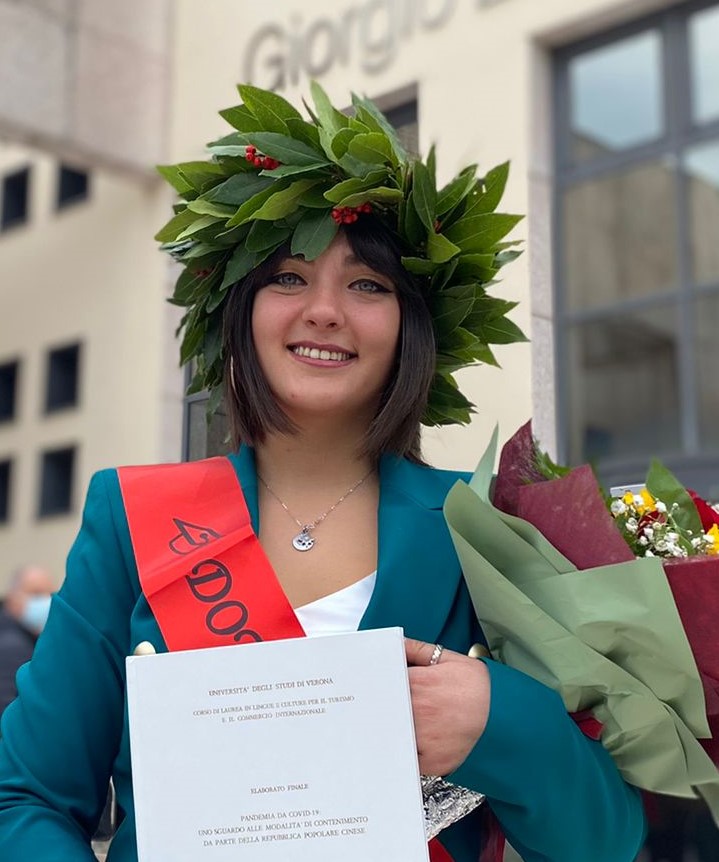
Dottoressa triennale in Lingue per il Commercio. Ciò che più mi appassiona è lo studio di culture diverse dalla mia, nella consapevolezza che ciò possa portare ad una crescita personale. Sono convinta che tutte le arti e le singole culture debbano essere esaltate e valorizzate nella giusta misura


